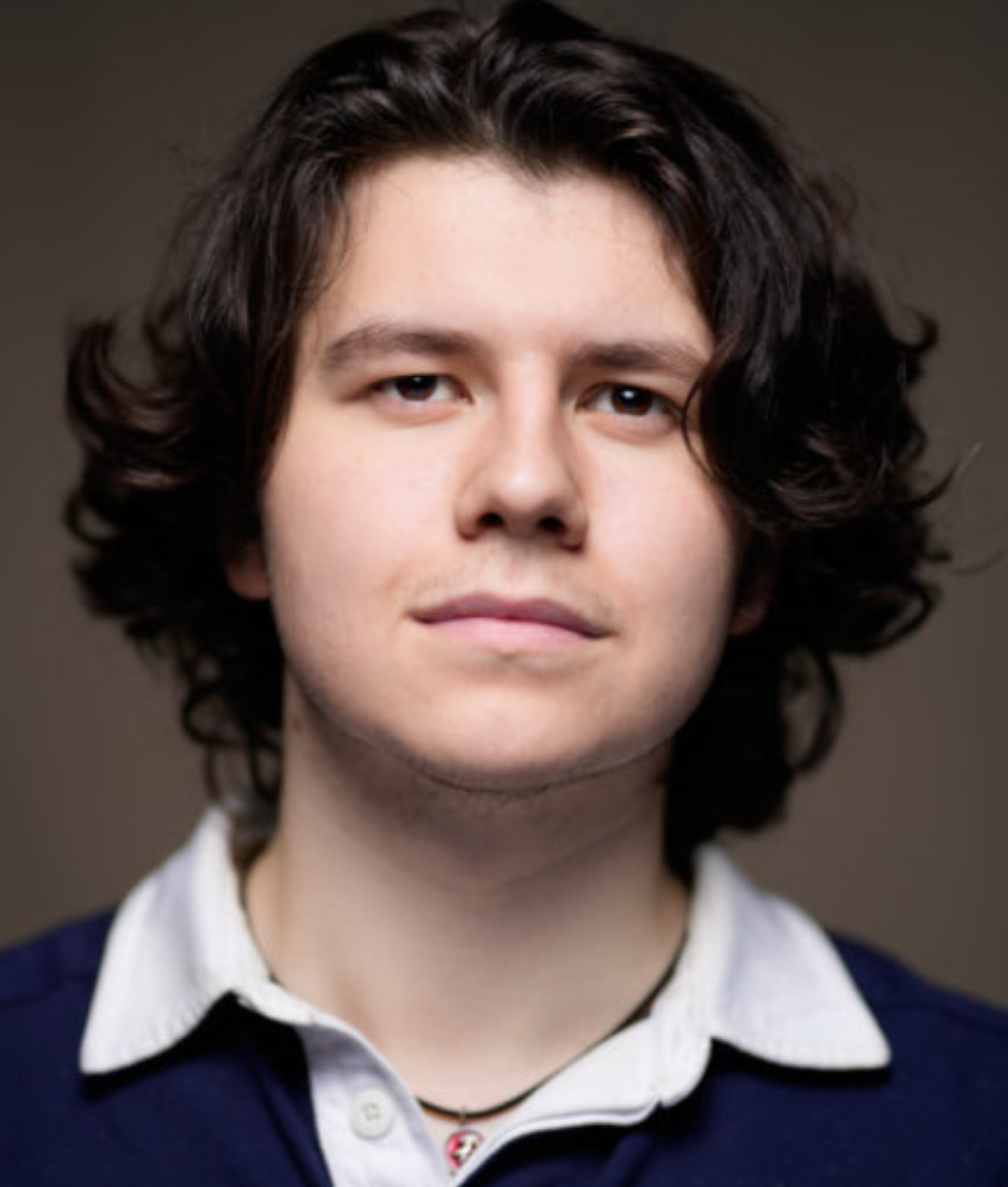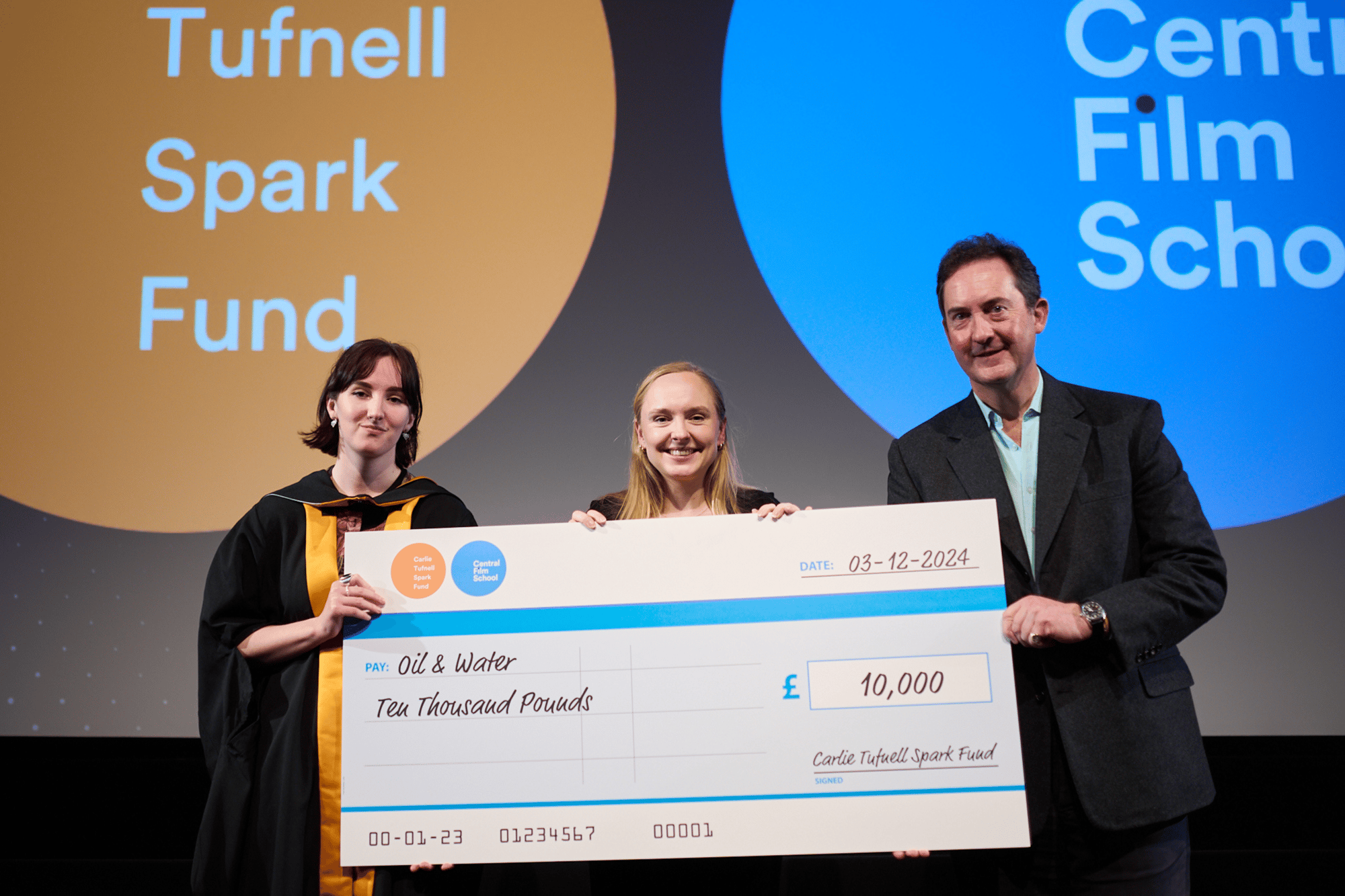Programme Overview
Throughout the programme, you'll refine your creative voice and writing style, craft step outlines, treatments, and scripts for film, television, and interactive media.
The course offers a deep understanding of platforms, audiences, genres, and vital writing skills for professional screenwriters.
- Write across multiple platforms – gain skills for film, TV, games, and emerging media, balancing creativity with production realities.
- Prepare for industry success – develop pitching skills, learn how to secure an agent, and submit your work to festivals and competitions.
- Collaborate from day one – work with filmmakers and actors to understand how stories are shaped for the screen.
Our two-year BA (Hons) Screenwriting degree develops your skills as a storyteller while immersing you in the craft and professional practice of writing for film, television, and emerging media. From day one, you’ll collaborate across cohorts, gaining first-hand experience of how writers, filmmakers, and actors work together to shape stories for the screen.
The course introduces you to designing narratives across a range of platforms such as games and new media, where balancing creativity with practical production constraints is key. In Writing Episodic Drama, you'll learn to develop scripts for television and online platforms, working directly with actors and exploring the collaborative process of shaping performance-ready material. Modules such as Genre Analysis and Adaptation for the Screen deepen your understanding of form and broaden your versatility as a writer.
Professional preparation is embedded throughout the course, with guidance on pitching, securing an agent, and submitting work to film festivals and competitions.
The programme culminates in the Major Feature Film Project, where you will research, develop, and pitch a professional treatment before writing your own feature-length screenplay - graduating with a strong portfolio that demonstrates both creative flair and industry readiness.
- 112 UCAS points for September 2026 intake.
- Students not from a Majority English Speaking country will need IELTS 6.0 overall (no less than 5.5 in any band) or equivalent.
- All applicants must submit a creative work sample and personal statement with their application. The creative work sample should consist of a short script (3-5 pages in length).
- Applicants for this course will be invited to attend an online interview.
- If you are an international student and unsure of your eligibility please contact us on courses@centralfilmschool.com.
Understanding the costs and financing options open to you as you plan your studies will help you to make a wise investment in your future career.
| Home | International | |
| Year 1 | £11,130 | £23,950 |
| Year 2 | £11,130 |
£23,950 |
Select a heading to view more details.
“The most valuable skill this course has taught me is how to write to an industry standard. Since joining, I’ve gained a real understanding of how to work on a set, write scripts for festivals, share my ideas with others, as well as learning different writing techniques.”
Caleb Prince
BA Screenwriting, 2025

Progression
At Central Film School, we nurture your creativity and prepare you for a rewarding journey as a screenwriter in the dynamic world of storytelling.
Graduates of the BA Screenwriting programme are well-prepared to begin careers in the screen industries, with opportunities to write for film, television, games, and digital platforms. With versatile skills, they can pursue roles as writers, editors, or readers in the diverse landscape of creative writing for screen and interactive media.
The skills developed on the course are highly transferable, meaning many graduates go on to explore wider creative writing pathways, including fiction, theatre, publishing or journalism. This flexibility allows students to build varied and rewarding careers across the creative industries.
Alumni Stories
Hear the motivating journeys of previous alumni, and how Central Film School has given them the necessary skills to step into the screen industries with confidence.

Have a question?
If you’d like to know more about our courses, or have any other questions, please fill in the form and a member of our Student Recruitment & Admissions Team will get back to you shortly.


